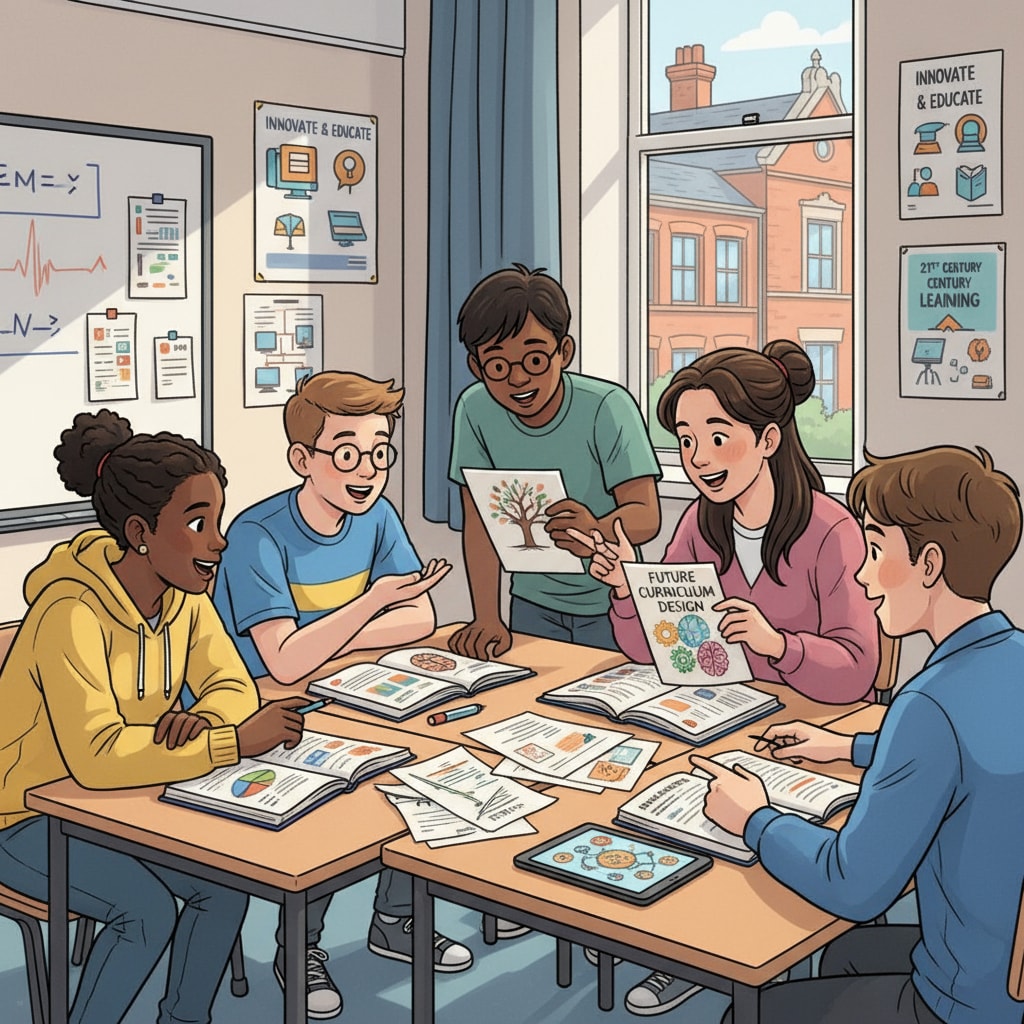The UK education system, curriculum reform, and student assessment methods are at a crucial crossroads. In today’s rapidly evolving digital landscape, the traditional frameworks of the K12 education system in the UK are facing significant structural challenges. This article aims to explore these issues in depth and propose potential reform directions.

The Struggles of the Current UK Education System
The current UK K12 education system has several notable issues. Firstly, the curriculum has become somewhat rigid. It often fails to keep pace with the rapid advancements in technology and changing societal needs. For example, the emphasis on traditional academic subjects like mathematics and English remains strong, while emerging fields such as artificial intelligence, data science, and digital literacy are not adequately incorporated. This lack of adaptability means students may not be fully prepared for the jobs of the future.
In addition, the assessment methods are a cause for concern. Standardized tests and exams dominate the evaluation process. These methods often focus on rote memorization rather than critical thinking, problem-solving, and creativity. As a result, students may be good at regurgitating facts but struggle to apply their knowledge in real-world situations.
Another aspect is the marginalization of art subjects. In the pursuit of academic excellence in core subjects, art, music, drama, and other creative fields are often given less importance. This not only limits students’ creative development but also overlooks the crucial role these subjects play in nurturing well-rounded individuals.
The Promise of Reform: The Extended Project Qualification (EPQ) Example
The Extended Project Qualification (EPQ) offers a glimmer of hope for reform. The EPQ encourages students to undertake an in-depth research project of their choice. This could range from exploring a scientific hypothesis to analyzing a historical event or creating a piece of art. Through this process, students develop essential skills such as independent research, critical analysis, and effective communication.

One of the key advantages of the EPQ is that it breaks away from the traditional one-size-fits-all approach. It allows students to pursue their interests and passions, which in turn boosts their motivation and engagement. Moreover, it provides a more holistic assessment of a student’s abilities, going beyond the limitations of traditional exams.
As we look towards the future, more initiatives like the EPQ should be considered. By integrating project-based learning, real-world applications, and personalized education into the curriculum, we can better prepare students for the challenges of the digital age.
In conclusion, the UK education system, curriculum reform, and student assessment methods need a major overhaul. By addressing the issues of curriculum rigidity, improving assessment methods, and revaluing art subjects, we can create an education system that is more relevant, engaging, and effective. Initiatives like the EPQ can serve as a model for future reforms, enabling students to thrive in the AI era. Education in the United Kingdom on Wikipedia Education System in the United Kingdom on Britannica
Readability guidance: Short paragraphs and lists are used to summarize key points. Each H2 section has a list-like structure where possible. The proportion of passive voice and long sentences is controlled, and transition words are scattered throughout the text (however, therefore, in addition, for example, as a result, etc.).


